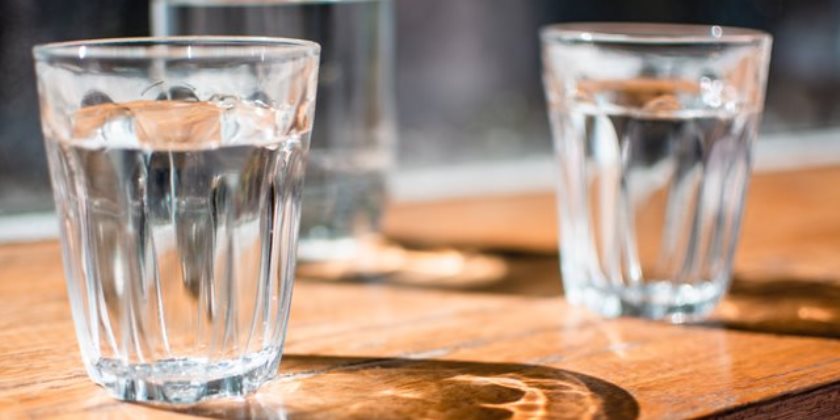Drinks—what’s recommended, what’s off the menu?
Tap into water
Keeping hydrated in pregnancy is so important, particularly in hot weather and when exercising. Your fluid needs increase during pregnancy to support the extra water needed for amniotic fluid, a larger volume of blood in your body and your baby’s needs.
Water is the best drink. The current recommendation for water intake is drinking eight to 10 glasses of water each day.

What about soft drinks?
Sugary drinks are a real trap for those trying to improve their health. They are quick and easy but are loaded with calories. Excess sugary drinks increases the risk for oral diseases such as dental caries (cavities).
One can of ordinary soft drink (375ml) contains 525kJ and 32 grams of sugar (that’s eight teaspoons—imagine that in a cup of tea or coffee!). Ordinary cordial, sports drinks and alcoholic drinks are also loaded with calories and sugar.
Drinking sugary drinks is associated with increased energy intake and in turn, weight gain and obesity. It is well established that obesity is a leading risk factor for type 2 diabetes, cardiovascular disease and some cancers.
One study recently showed higher consumption of sugary drinks in pregnancy was associated with increased adiposity in children (higher levels of fat stores). This was mainly due to soft drinks, rather than fruit drinks or juice. It is also because of what mothers drank during pregnancy, rather than what children drank after they were born. Avoiding sugary drinks will improve the health of your child.
Switching to low calorie drinks can make a difference if you regularly drink sugary drinks or alcohol. These drinks contain artificial sweeteners and are safe if consumed in small amounts. However, some studies suggest that even these are not good for keeping your gut (and the gut bacteria) happy and healthy. Water is always the best choice!
And those other drinks?
Caffeinated drinks
Caffeine is a stimulant drug that acts on the brain and nervous system.
It is recommended that you limit your caffeine intake to 200mg each day. This is equal to one regular espresso or latte, two instant coffees, or three cups of tea.

Alcohol
Health professionals and the Australian Dietary Guidelines recommend that women DO NOT consume alcohol during pregnancy. This is because there is no known safe level of alcohol to drink during pregnancy. Alcohol crosses the placenta and can lead to physical, growth and intellectual problems in babies.
If you have consumed alcohol earlier in pregnancy there is still benefit to reducing or stopping drinking now. Talk to your midwife or doctor if you are worried about previous or current alcohol consumption.

Drinks that contain very few or no calories:
-
plain water
-
water with a squeeze of lemon or lime juice
-
tea or coffee made with water
-
herbal tea